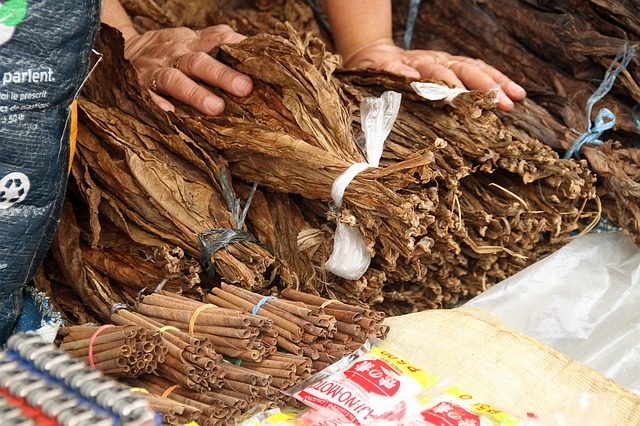The report, authored by scientists from Imperial College London, was presented last week at the WHO’s FCTC COP8. While most reports focus on the devastating effect that the tobacco industry has on human health, for the first time this report looks at the negative impact it has on the environment.
“The environmental impacts of cigarette smoking, from cradle to grave, add significant pressures to the planet’s increasingly scarce resources and fragile ecosystems. Tobacco reduces our quality of life as it competes for resources with commodities valuable to livelihoods and development across the world,” said Professor Nick Voulvoulis, from the Centre for Environmental Policy at Imperial.
Smokers are “burning the resources of poorer countries”
“Smokers in the developed world are literally and metaphorically burning the resources of poorer countries,” Dr. Nicholas Hopkinson, from the National Heart and Lung Institute at Imperial.
Tobacco farmers should be supported to switch to farming food
In line with this, an article published on The Hill last September, pointed out that measures should be taken to help turn tobacco farming businesses into non-tobacco agricultural ones. “This disruption, if managed properly, could be an opportunity for African farmers to switch to non-tobacco agricultural products and increase the global food supply,” read the article, referring to the declining tobacco sales.
The piece went on to explain that with the current world population expected to reach 9 billion by 2050, the world is not going to be able to meet the future food demand. For this to be met, about 50% more food, feed, and biofuel will need to be produced, which would need an investment of $265 billion per year. Therefore, if former tobacco farmers were to be trained, equipped and supported to switch to farming food, rather than tobacco, it would be a win win situation for everyone.
Read Further: Phys.Org












